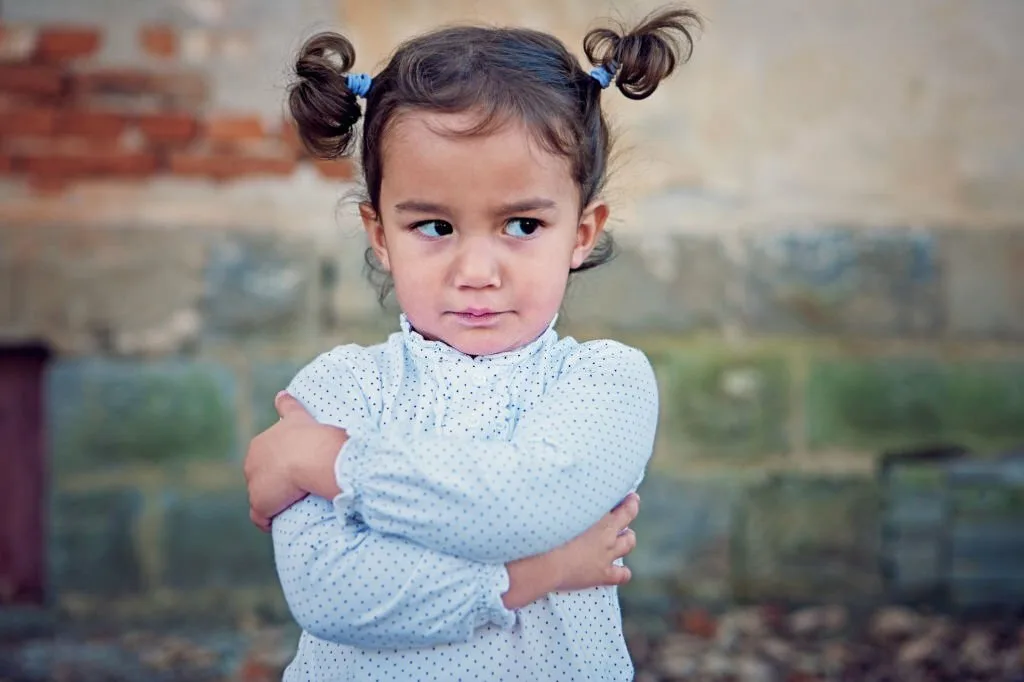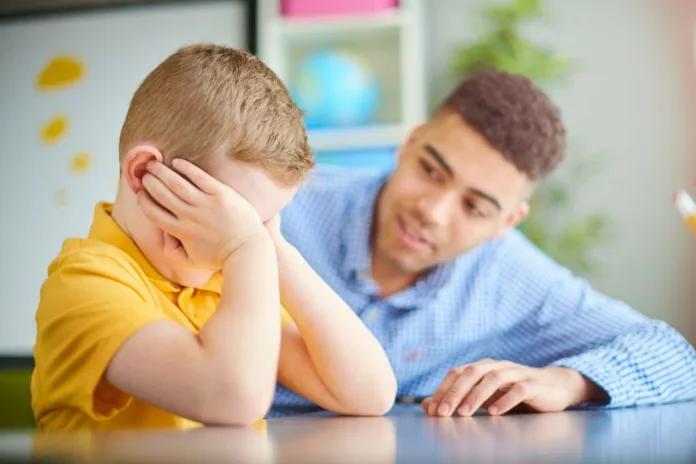Ungrateful behavior among children can be a source of frustration for parents and educators. While it’s natural for children to go through phases of self-centeredness, persistent ungratefulness can be a sign of underlying issues that need to be addressed. Understanding the root causes of this behavior is crucial for fostering a sense of gratitude and appreciation in children.
1. Entitlement: A Sense of Unwarranted Expectations
One of the primary reasons why some children become ungrateful is that they develop a sense of entitlement. This occurs when children are constantly given everything they desire without having to earn or appreciate it. They grow up believing that they deserve certain things simply because they exist, leading to a lack of appreciation for the sacrifices and efforts made by others.
2. Lack of Exposure to Less Fortunate Individuals
Sheltering children from the realities of poverty and hardship can hinder their ability to develop empathy and gratitude. When children are unaware of the struggles faced by others, they may take their own privileges for granted. Exposing them to volunteer opportunities or engaging them in discussions about social issues can help them appreciate their own blessings.
3. Inappropriate Parenting Practices
Parenting styles play a significant role in shaping a child’s sense of gratitude. Overindulgence and a lack of consequences for ungrateful behavior can reinforce a sense of entitlement. Conversely, excessive criticism and a focus on shortcomings can lead to low self-esteem and a lack of appreciation for one’s own strengths and accomplishments.
4. Developmental Stage and Social Influences
During adolescence, children undergo significant changes in their social and emotional development. The desire for independence and peer acceptance can sometimes manifest as ungrateful behavior towards parents and caregivers. Additionally, exposure to social media and unrealistic portrayals of wealth and success can fuel a sense of entitlement and dissatisfaction with one’s own circumstances.
5. Underlying Emotional Issues
In some cases, ungrateful behavior may stem from deeper emotional issues. Children who struggle with anxiety, depression, or low self-esteem may express their frustrations through ungrateful outbursts. Addressing these underlying issues is essential for fostering a more positive and grateful outlook.

Strategies to Nurture Gratitude in Children
Cultivating a sense of gratitude in children requires a multifaceted approach that involves parental guidance, exposure to diverse experiences, and consistent reinforcement. Here are some effective strategies:
Model Gratitude: Parents are their children’s first role models. Demonstrating gratitude in everyday life, such as expressing appreciation for gifts, services, or acts of kindness, sets a powerful example for children.
Encourage Volunteering: Engaging children in volunteer activities provides them with firsthand exposure to the needs of others and the impact of their own contributions. This fosters empathy and appreciation for their own privileges.
Practice Mindfulness: Mindfulness techniques, such as gratitude journaling or simple reflection exercises, can help children cultivate an attitude of appreciation for the positive aspects of their lives.
Limit Material Indulgence: While providing for children’s basic needs is essential, excessive material indulgence can lead to a sense of entitlement and a lack of appreciation for the value of hard work.
Open Communication: Maintain open communication with children, allowing them to express their feelings and concerns without fear of judgment. This helps identify any underlying issues that may be contributing to ungrateful behavior.
Nurturing gratitude in children is an ongoing process that requires consistent effort and patience. By understanding the underlying causes of ungrateful behavior and implementing effective strategies, parents and educators can foster a generation of children who appreciate the blessings in their lives.




